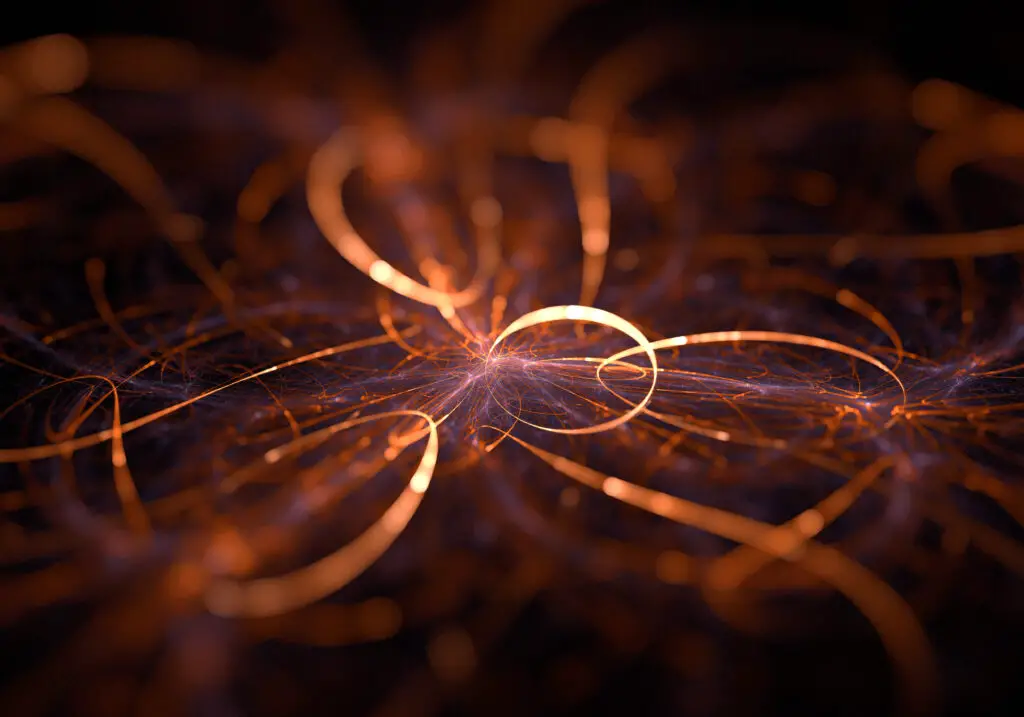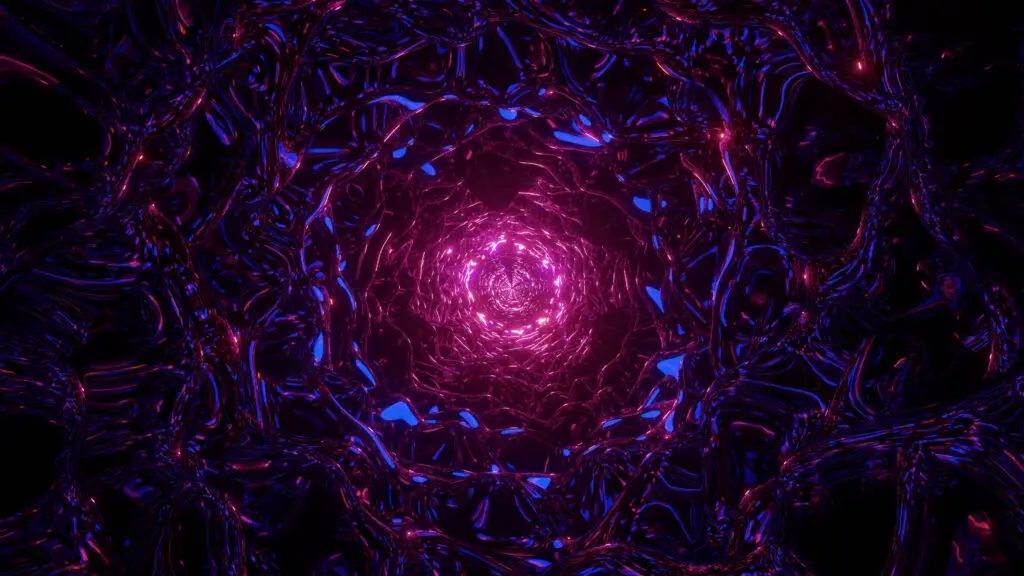The world of cryptography stands on the precipice of a revolution. The rise of quantum computing, with its immense processing power, threatens to shatter the foundation of current encryption methods. This potential breach could have far-reaching consequences for cybersecurity, national security, and the very fabric of online privacy. However, on the horizon lies a glimmer of hope – the potential of artificial intelligence (AI) to develop a new generation of encryption that remains unbreakable even in the quantum age.

The Looming Threat: Quantum Computing vs. Encryption
For decades, our data has been secured by complex mathematical algorithms that form the backbone of modern encryption. These algorithms rely on the difficulty of factoring large prime numbers, a task considered computationally expensive for traditional computers. However, quantum computers operate on entirely different principles, leveraging the bizarre properties of quantum mechanics to perform calculations at an exponential rate. This newfound power could allow them to crack current encryption methods in a fraction of the time it would take a traditional computer, potentially rendering vast amounts of sensitive data vulnerable.
The implications of a compromised encryption system are dire. Financial institutions, government agencies, and even personal communication channels could all be exposed. National security secrets could be laid bare, critical infrastructure could be crippled by cyberattacks, and the very notion of online privacy could become a relic of the past.
The AI Advantage: Building Unbreakable Defenses
This looming threat has spurred a race to develop new encryption methods that can withstand the onslaught of quantum computers. Enter AI. Machine learning algorithms hold immense potential in this fight. AI can be used to:
- Develop Post-Quantum Cryptography (PQC): AI can accelerate the development and testing of new encryption algorithms specifically designed to resist quantum attacks. These PQC algorithms rely on different mathematical problems that are believed to be intractable for quantum computers.
- Optimize Key Distribution: AI can streamline the process of distributing encryption keys, a critical step in secure communication. By identifying vulnerabilities in key distribution protocols and suggesting improvements, AI can ensure the entire encryption system remains robust.
- Mitigate Environmental Noise: Quantum communication channels are susceptible to errors caused by environmental noise. AI can analyze these errors and develop real-time error correction protocols, safeguarding the integrity of the transmitted data.
The marriage of AI and quantum cryptography represents a powerful alliance in the fight for secure communication. However, challenges remain. Refining AI algorithms for these complex tasks requires significant research and development. Additionally, the ethical implications of such powerful encryption tools need careful consideration.

The Road Ahead: A Collaborative Effort
The quantum revolution presents both a threat and an opportunity. By harnessing the power of AI, we can develop the next generation of encryption, safeguarding our data and online interactions in the quantum age. This requires a collaborative effort from governments, academic institutions, and the private sector to invest in research, develop standards, and ensure the responsible implementation of these new technologies. The future of secure communication hinges on our ability to leverage the power of AI to build a quantum-proof shield around our most sensitive information.